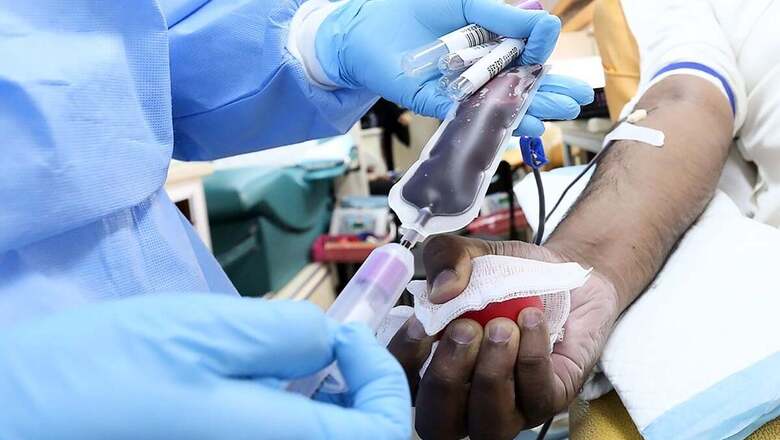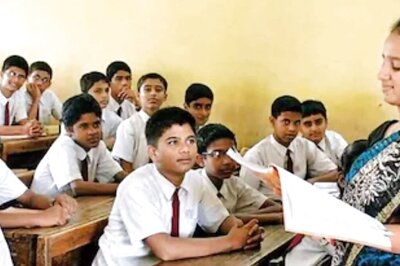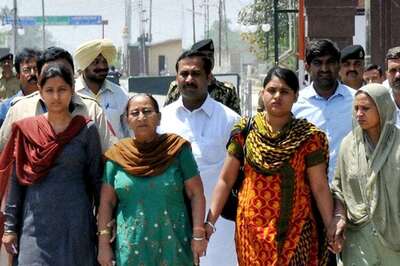
views
A sero-prevalance survey conducted in the first week of August in Delhi has found that 79 of the 257 people who recovered from Covid-19 did not have antibodies against the virus. About 15,000 representative samples were taken in the August 1-7 survey from 11 districts and tested for antibodies (IgG) against the virus.
Blood samples of 257 people who had tested Covid-19 positive earlier and then recovered, were also taken during the survey to test if they had antibodies. Seventy-nine of these people did not have the antibodies against the virus, according to its report of the August serological survey. The exercise was undertaken for a comprehensive assessment of the Covid-19 situation in Delhi and to formulate strategies based on its findings.
The samples collected as part of this exercise spanned different areas and age groups, gender and economic class. Antibodies against Covid-19 infection were found in 29.1 per cent of people in the August sero-prevalence survey in the national capital, Delhi Health Minister Satyendar Jain had said late last month while announcing its results.
Prevalence of antibodies found in males was 28.3 per cent, and in females 32.2 per cent. Out of total number of samples, 25 per cent were taken from the age group of less than 18 years, another 50 per cent from 18-49 years age bracket and remaining 25 per cent from those in the age group of 50 years or more, the Delhi health minister had said.
Among the people sampled, who had Covid-19 earlier and recovered but did not show antibodies during the survey might have had contracted the disease several months ago at the early stage of the novel coronavirus infection. So, their antibodies (IgG) might have disappeared, experts said. But in most cases, the memory cells would remember the virus and trigger an immune response if a person who has recovered from Covid-19 is again attacked by the virus, they said.
On longevity of antibodies developed in response to Covid-19 , Jain on August 20 had said, according to experts these antibodies can last for several months — say 5-8 months — but the body also produces T-cells in response to the infection. These T-cells, also called memory cells, help fight any possible infection again, and so, it is ”very rare” that a person who has recovered from COVID-19 will be diagnosed with it again, the heath minister had said.
Scientists and experts at Maulana Azad Medical College (MAMC) had led the technical team of the August survey. The sero-prevalence found in northeast district was 29.6 per cent, south district 27.2 per cent, southeast 33.2 per cent and New Delhi 24.6 per cent.
The report also said the participants who were living in or had ever lived in a containment zone in Delhi, had a ”significantly higher sero-prevalance” than those who had never lived in it..




















Comments
0 comment